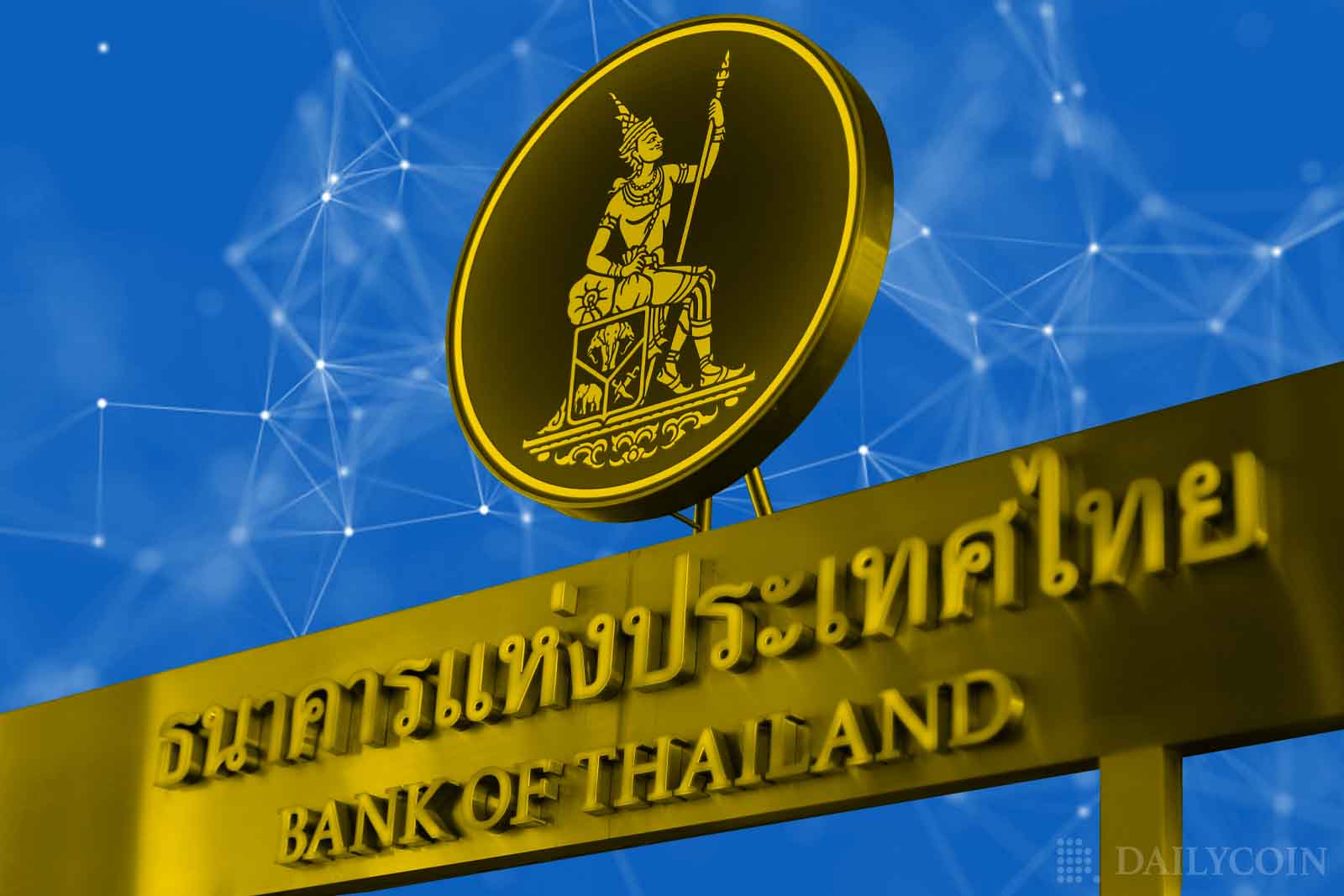
- A Thai opposition party is taking a new approach to spreading the wealth – with crypto.
- Critics cite concerns over vote buying with a significant cash stimulus.
- Scams and bugs plagued earlier attempts at nationwide token airdrops.
As the general election in Thailand draws near, a bold campaign promise by a major opposition party has sparked concerns of vote-buying – with crypto.
The Pheu Thai party has promised to distribute $300 in digital currency to every Thai citizen over the age of 16 if the party wins the election.
Its leader Srettha Thavisin, a real-estate mogul turned politician, claims that the measure aims at relieving economic woes. Meanwhile, critics call the plan an attempt at buying votes. But how would the proposed airdrop actually work?
How Would the Proposed Airdrop in Thailand Work?
According to the plan, every citizen over 16 would get a digital wallet with $300 in digital currency. Recipients would be able to spend the money at local shops, within four kilometers of their homes.
Sponsored
The money would be valid for six months, after which it would expire. In turn, vendors could exchange the digital currency for real money.
“This policy will help stimulate the economy and boost cash flows in communities, which will ensure the economy will turn around and prosper again from the community level up to the national level,” Srettha said.
Sponsored
The proposed airdrop of 10,000 Thai baht, roughly equivalent to $300, is a significant amount of money in Thailand. For instance, the money is roughly the equivalent of a couple of months of rent in a nice apartment in Bangkok.
This is why critics are concerned about where the money would come from. With Thailand’s population of more than 70 million, the move would cost about $15 billion.
Scams, Bugs Plagued the Airdrop in El Salvador
There’s little news about how Thailand’s opposition party aims to handle the airdrop from a technical perspective. However, examples from an earlier attempt show the potential risks involved.
In 2021, El Salvador’s Bitcoin maximalist leader rolled out a somewhat similar plan. President Nayib Bukele offered $30 worth of Bitcoin to citizens who signed up for the government’s Bitcoin wallet.
El Salvador hoped the airdrop would boost Bitcoin’s adoption. President Bukele believed that adoption could help attract investments and reduce remittance costs.
In El Salvador’s case, scams and bugs plagued the rollout. According to a Guatemala-based outlet, scammers created 400,000 fraudulent accounts in the first weeks of the project’s rollout. As a result, $12 million worth of Bitcoin was stolen, and many Salvadoreans never received their funds.
On the Flipside
- Thailand’s central bank banned stablecoins back in 2021. The opposition’s win would likely lead to a reversal in that policy.
- While critics call the plan a cash subsidy, it is important to note that the funds in the digital wallet are not cash. Users won’t be able to spend them wherever and whenever they want.
Why You Should Care
The proposed plan highlights the potential of central bank digital currencies for economic policy. As the plan highlights, digital currencies allow governments to control where, when, and how the citizens can spend it.
Read about Thailand’s latest crypto regulations:
Thailand Is Tightening Regulations on Crypto Ads
Read about the latest regulatory developments in the US:
Understanding the U.S. Treasury Probe on DeFi’s Money Laundering Risks
